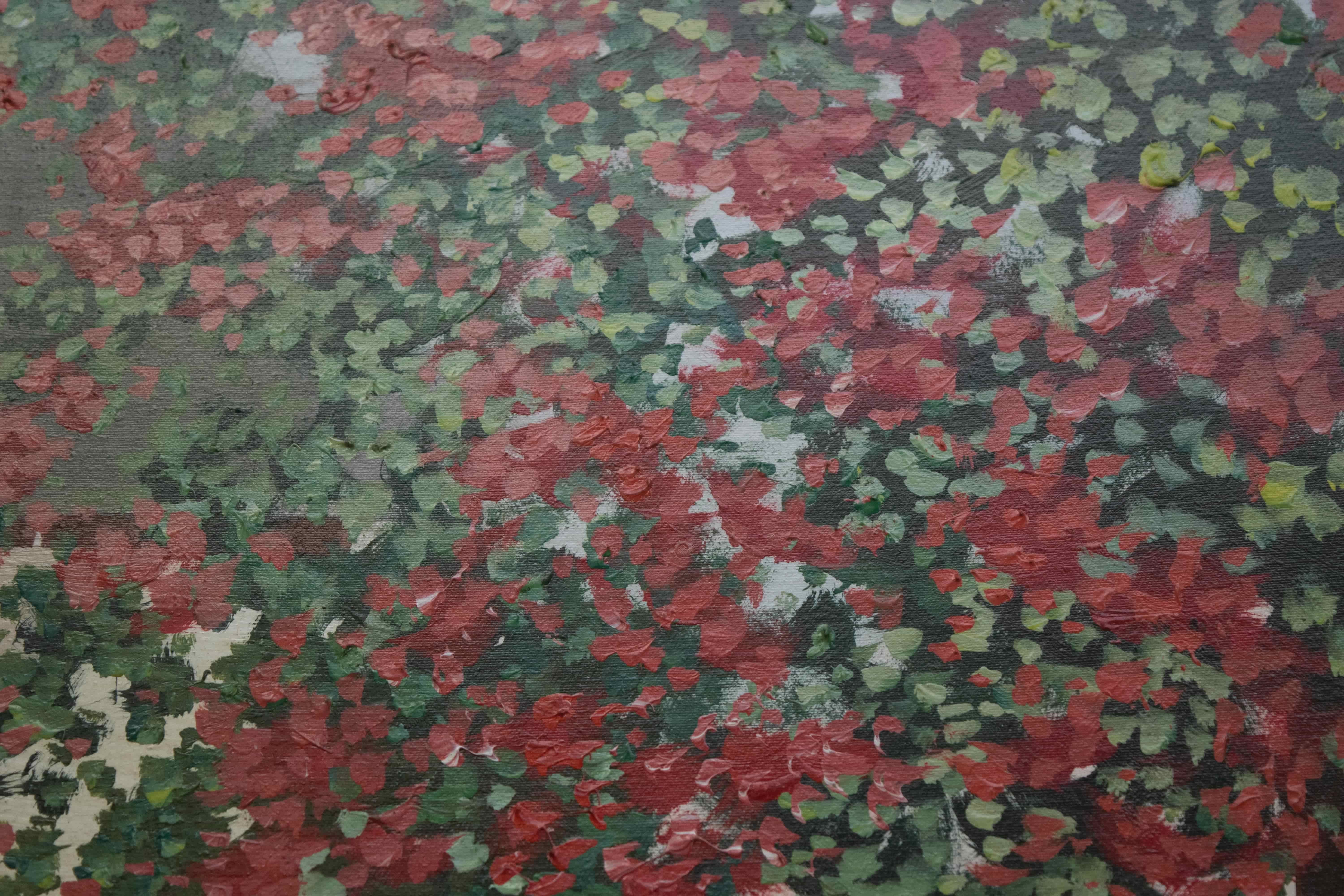Democracy and empathy. The space that inhabits it, its collective progression

Published 2020-12-17
Versions
- 2023-02-03 (2)
- 2020-12-17 (1)
Keywords
- citizen,
- democracy,
- empathy,
- space,
- solidarity
- values ...More
How to Cite
Copyright (c) 2020 AULA Revista de Humanidades y Ciencias Sociales

This work is licensed under a Creative Commons Attribution 4.0 International License.
Abstract
The philosophical discussion that encompasses the democracy of the 21st century encompasses a deeper collective meaning than what the word refers to in its singular definition. Democracy is a popular doctrine / political system / form of government where the people choose. And it is in the election where approaches to an idea that tries to be collective are generated.
This article uses the feeling of empathy as a unifying feature between democracy and its search for collective awareness. In its definition, empathy is a feeling of solidarity towards a person or group (Rae, 2019). Empathy observes the relationships of the human being, is linked in communities, invests in generating the city for the common good and is an unconscious part of the development of civilization (Rifkin J. 2010). Another important concept to highlight is the space, in which the situational or in-situ development is generated. The space delimits the territory and in it the history, its culture and the time together with the sensations converge. The space acquires conditions based on needs, manifests itself as a result of these (Rifkin J. 2010) and allows, as producers resulting from experience, to recognize the place where collective development takes actions. In this article, space and place go hand in hand, being the commitment that defines the experience in geographical terms.
The following paragraphs are intended to go the one way (Piglia G. 2015) towards the understanding of democracy in a century where human values seek to be equated with spiritual transcendence and where feelings are active emotions that play in the community. Spaces where you can recognize your own and others questioners within a possible spectrum; where both parties are heard, disseminated without appropriation and linked as options. Is it possible to recognize the truth of the other as your own? Can the citizen of the XXI century observe relating fundamental values such as solidarity, honesty and listening, and define them as progressive actions for the development of society?

